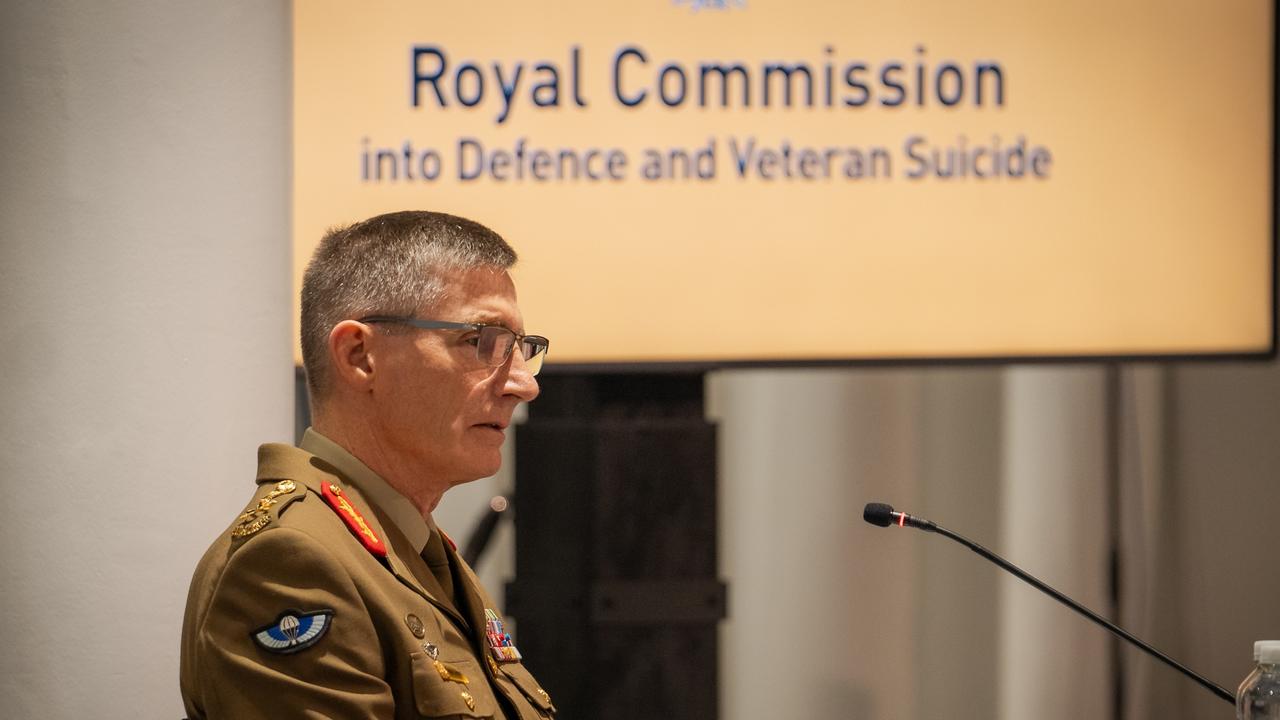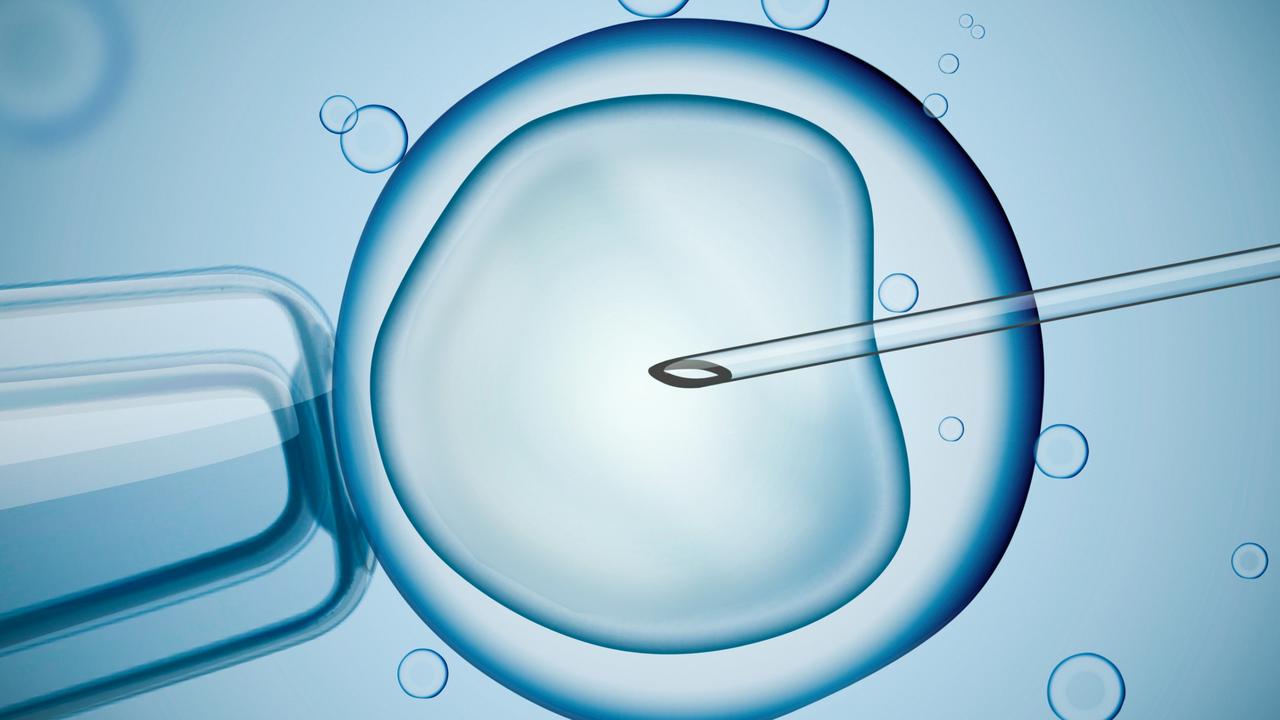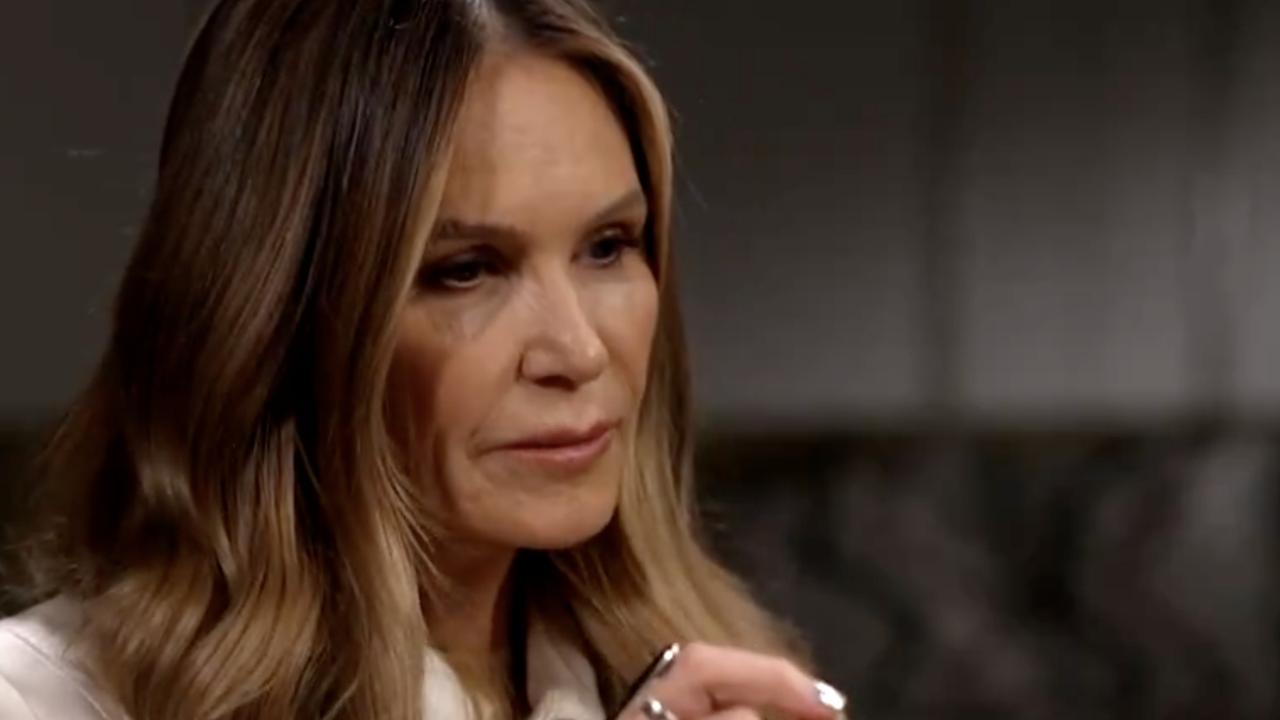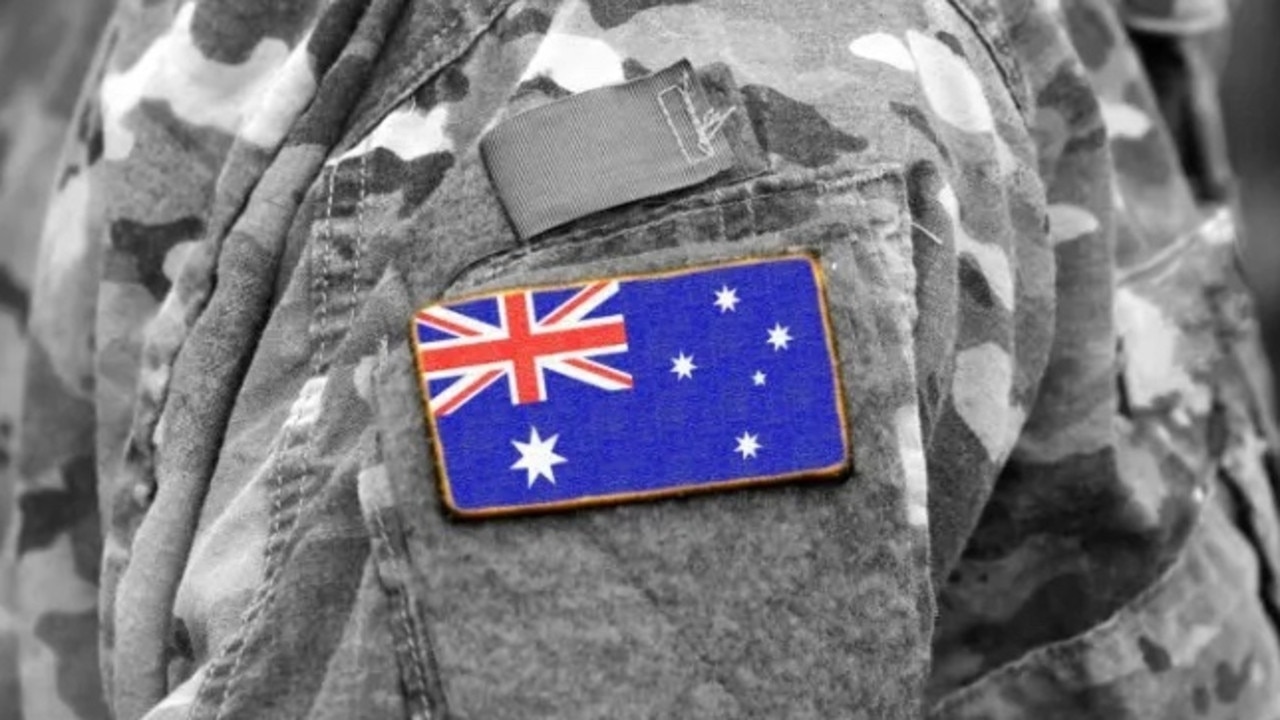Can Charlie Sheen really have doctor-approved unprotected sex?
WHAT exactly did Sheen mean when he said he had unprotected sex with two partners “under the care of [his] doctor”?

Health
Don't miss out on the headlines from Health. Followed categories will be added to My News.
CHARLIE SHEEN did more than merely announce he’s HIV-positive on the US Today show — he brought the disease and its myriad treatment methods into conversations worldwide. In detailing his HIV journey, Sheen not only relieved himself of blackmail and innuendo — he introduced people to the impressive range of treatment options and procedures now available for the 37 million people living with HIV across the globe. Here’s what it all means for you.
Sheen “began a rigorous and intensive treatment program” immediately upon diagnosis four years ago. Did that keep him healthy?
Unlike a decade ago, people with HIV are now placed on treatment with antiretroviral medicines (ARVs) almost immediately upon diagnosis. The objective, says Mitchell Warren, executive director of New York City-based Global Advocacy for HIV Prevention, is to reduce a patient’s viral load to undetectable levels, which both boosts their health and reduces the likelihood of further transmission. “Under the care of a good doctor, ARVs keep the virus under control to help people live long and healthy lives,” Warren says. “This is probably why Sheen appears in such good health.”
Sheen says he’s taking four types of medication to control his HIV. Why so many?
According to Warren, most treatment regimens feature a combination of three or four different ARVs to attack the HIV virus at every stage of its life cycle. “Three is the usual number” of prescriptions, Warren explains, “but recently drugmakers like Gilead have introduced additional ‘booster’ medications that improve and prolong the effects of ARVs.” This may explain why four appears to be Sheen’s lucky number.
Sheen says blood tests reveal he’s in “a state of remission” and is unlikely to transmit HIV to his sexual partners — even if he doesn’t wear a condom. Is that true?
Yes — and no. ARVs like the ones Sheen is taking work and work well — but only “if you take them consistently and correctly,” Warren says. “Adherence is the key!” Sheen insists he’s never missed a dose in the four years since his diagnosis. If he’s being truthful, then, YES!, he’s at virtually zero risk of spreading HIV to his sexual partners — even if forgoing condoms. Studies in both Europe and the US dating back nearly a decade confirm this level of protection. In 2008, the Swiss Federal Commission for Sexual Health declared that “an HIV-infected person on antiretroviral therapy with [blood that shows a] completely suppressed [HIV presence] ... is not sexually infectious, i.e., cannot transmit HIV through sexual contact.” Meanwhile, in the US, a 2011 National Institutes of Health study found that ARV use reduced HIV transmission by 96 per cent. “Being on ARVs is the most effective way to prevent the transmission of HIV,” says longtime HIV activist Peter Staley, “even more effective than condoms.”
Sheen says he’s “kicking this disease’s ass” — but is he cured?
No. Although ARVs can manage and reduce HIV levels, they can never fully eradicate the virus — or the disease. “ARVs can suppress HIV, but Sheen is not cured — there is no cure,” Warren says. Nonetheless, because he’s in treatment and his virus is virtually undetectable, Staley says, “Sheen’s life will be prolonged and he will have fewer health problems down the road.”
Sheen says he’s off drugs, but still boozing — should we be concerned?
Probably. Although ARVs are not directly compromised by alcohol, drinking can make it harder for Sheen to adhere to his medications and can reduce their effectiveness. “If Sheen misses his doses this could become problematic,” Warren says.
What did Sheen mean when he said he had unprotected sex with two partners “under the care of [his] doctor”?
One of Sheen’s most interesting revelations is that two of his sex partners were receiving medical care to prevent HIV infection. While we cannot be fully certain what that means, there’s a good chance Sheen was talking about PrEP — or pre-exposure prophylaxis. The one-pill-a-day ARV regimen for folks who test negative is intended to prevent them from becoming HIV positive — even if exposed to the virus. PrEP is derived from medication given to hospital staff exposed to HIV on the job.
More about PrEP
PrEP was approved by the FDA (US Food and Drug Administration) in 2012 for general use.
Taken daily, PrEP costs roughly $13,000 ($AU18,320) a year.
Taken as prescribed, PrEP has been proven to reduce HIV transmission by more than 90 per cent. PrEP is controversial — but it works.
PrEP does nothing to prevent other sexually transmitted diseases.
Originally published as Can Charlie Sheen really have doctor-approved unprotected sex?





